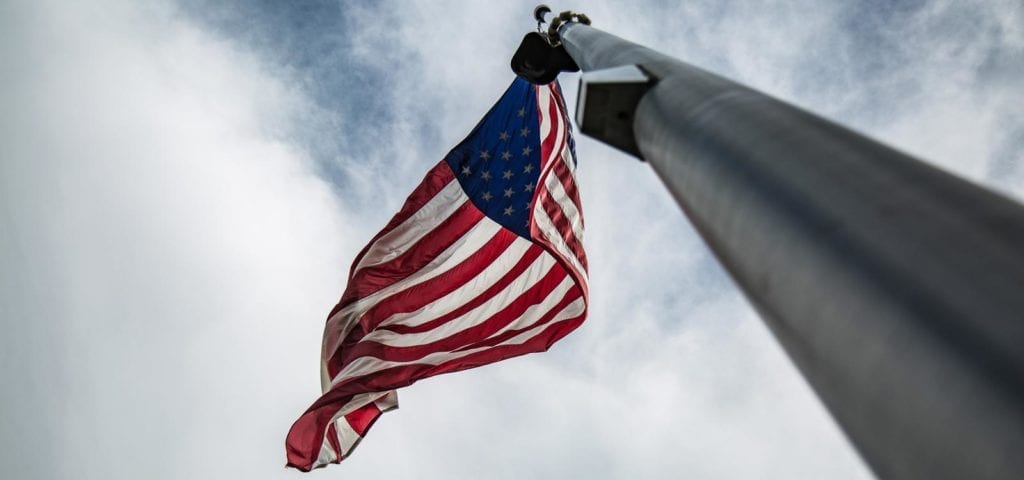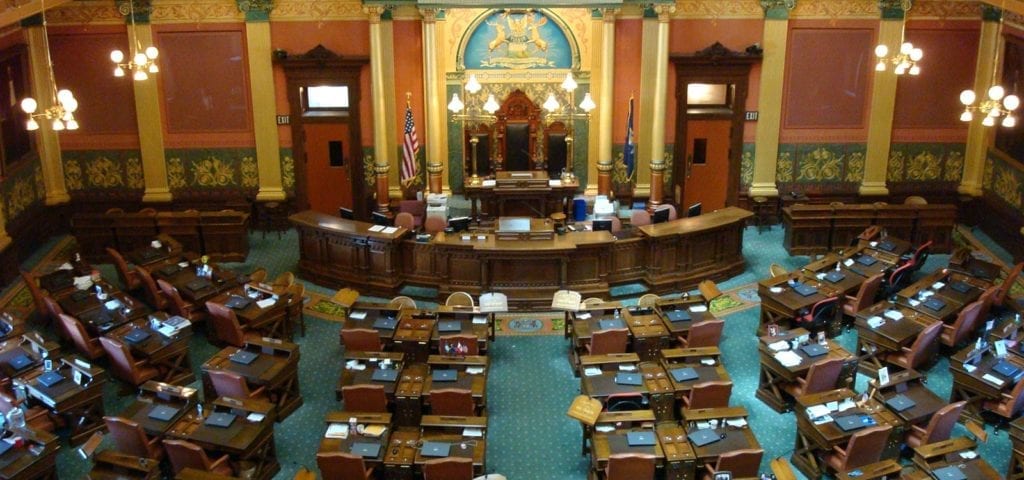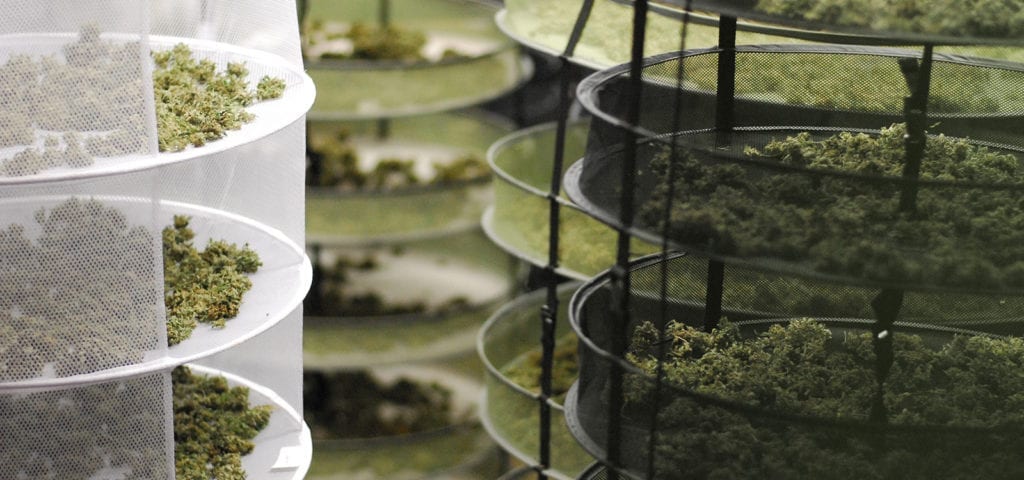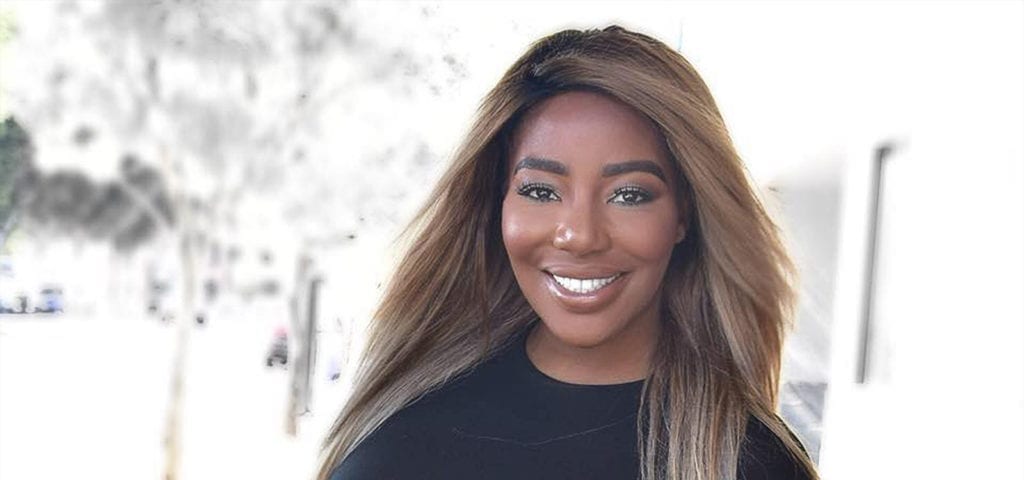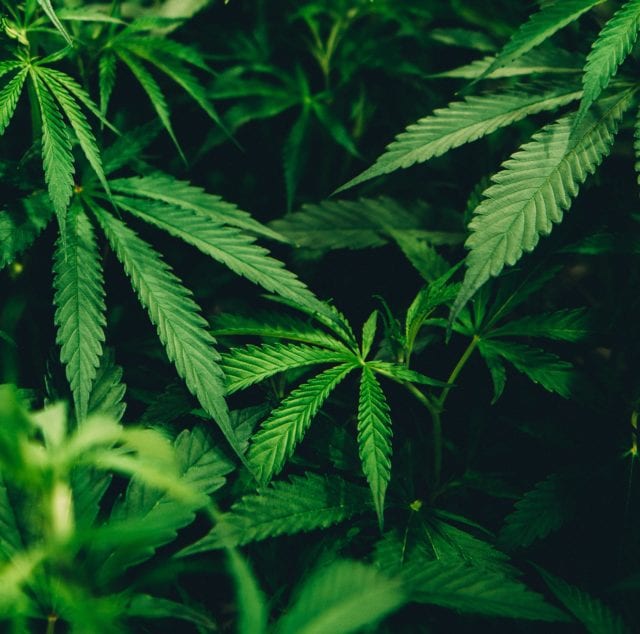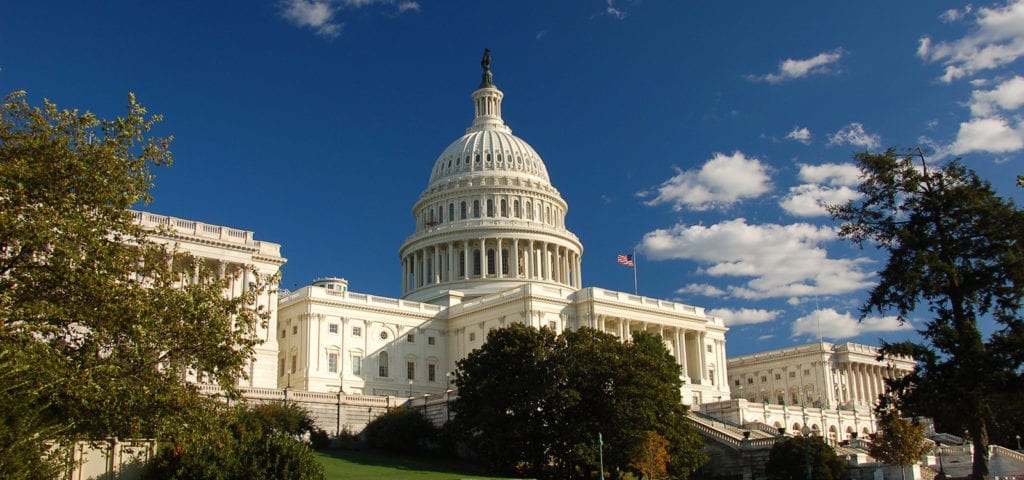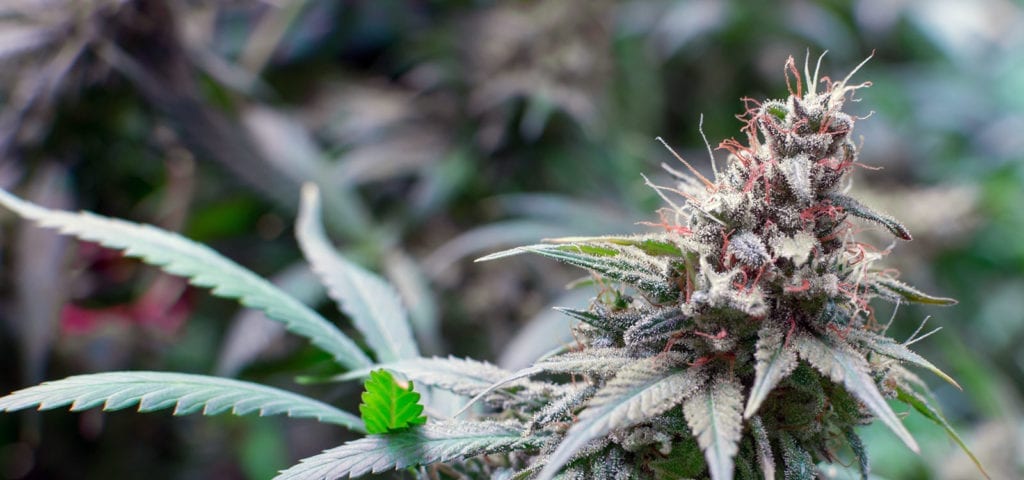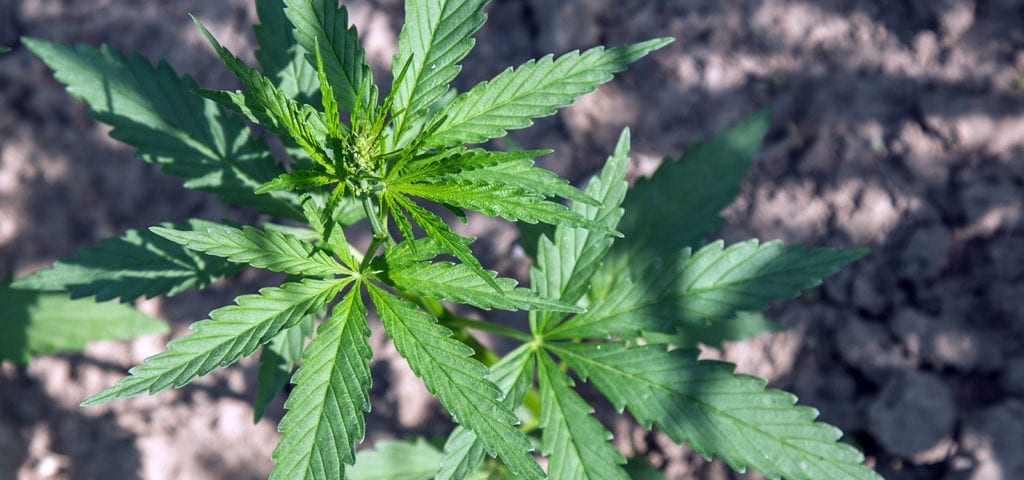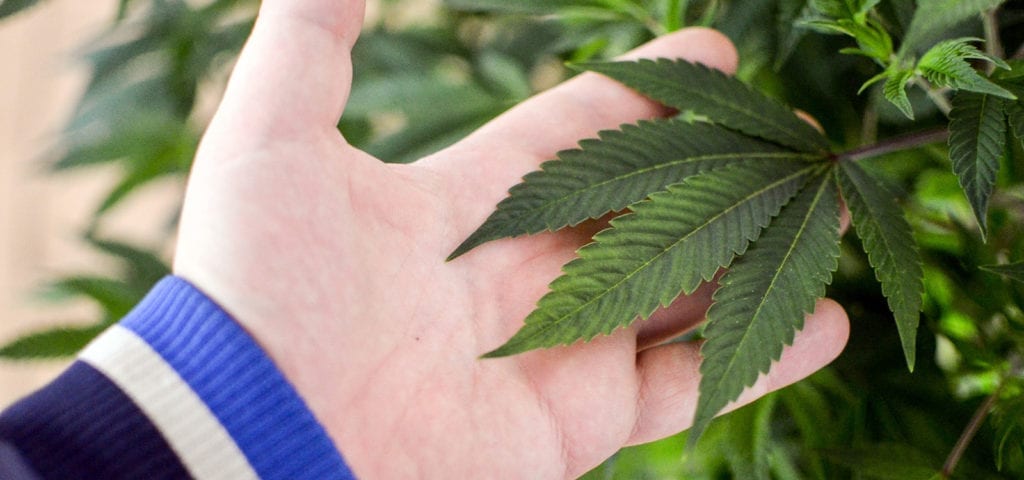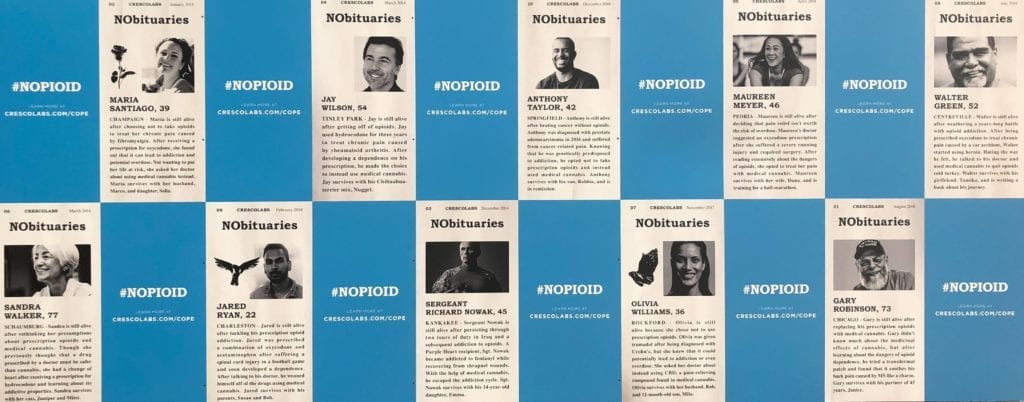Terpenes are compounds produced by a variety of plants, as well as some insects. They have strong odors and are often used by plants for protection, as well as to attract predators of pests. Terpenes and Terpenoids are produced from resin in plants, including cannabis. Terpenes are used by nearly every living creature to form new cells and create new chemicals.
Terpenes are found in many essential oils and are theorized to be a large part of the beneficial effects of aromatherapy. Cannabis contains many terpenes that through the “entourage effect” modify the effects of THC in the mind and body, as well as have therapeutic effects of their own.
Cannabis users with marijuana vaporizers have an opportunity to use their temperature settings to create vapor that is focused on specific terpenes. Vaping cannabis plant matter at the boiling point of the terpene desired will maximize the amount of therapeutic terpenes in the vapor. Below is a list of many of the primary terpenes in cannabis, their effects and the temperature at which to set your vaporizer.
ß-Myrcene
- Boiling point: 166-168C / 330.8-334.4 degree Fahrenheit
- Properties: Analgesic. Anti-inflammatory, Antibiotic, Antimutagenic
Myrcene is known as the “couch-lock” terpene and is the most common terpene in most cannabis strains. Myrcene is found in many other plants in nature aside from cannabis, including Bay, ylang-ylang, wild thyme, parsley, cardamom and hops. Its effect is primarily sedative and pain-relieving. Set your marijuana vaporizer to 330 degrees Fahrenheit to maximize Myrcene extraction.
d-Limonene
- Boiling point: 177C / 350.6 degree Fahrenheit
- Properties: Immune potentiator, Antidepressant, Antimutagenic
Limonene is the second most common terpene in cannabis. Limonene occurs in many plants, including mint, juniper, rosemary, pine, and all citrus rinds. Limonene is responsible for some cannabis strain’s grapefruit, lemon or tangerine smell. Limonene is energizing and antidepressant, as well as anti-cancer To help maximize Limonene terpenes in your vapor, set your vaporizer to around 350 degrees Fahrenheit.
 Linalool
Linalool
- Boiling point: 198C / 388.4 degree Fahrenheit
- Properties: Sedative, Antidepressant, Anxiolytic, Immune potentiator
Linalool smells floral with a touch of spice. It is the major terpene responsible for Lavender’s scent. It is contained in many other plants as well, over 200 in fact. It is sedative and antidepressant, as well as anti-anxiety. Studies have shown at the opioid needs of people inhaling lavender oil, rich in Linalool, were greatly reduced compared to controls. To maximize Linalool extraction with your vaporizer, set your temperature to 388 degrees Fahrenheit.
Pulegone
- Boiling point: 224C / 435.2 degree Fahrenheit
- Properties: Memory booster, AChE inhibitor (anti Alzheimer’s, anti-parkinson’s, anti-schizophrenic), Sedative, Antipyretic
Pulegone is a minority terpene found in cannabis, as well as peppermint, catnip, pennyroyal and camphor. Pulegone can be sedative and fever-reducing as well as reducing some negative side-effects of cannabis such as short term memory loss. Pulegone is best consumed at high temperatures, so set your marijuana vaporizer to 435 degrees Fahrenheit to maximize the Pulegone content of your vapor.
1,8-Cineole (Eucalyptol)
- Boiling point: 176C / 348.8 degree Fahrenheit
- Properties: AChE inhibitor (anti Alzheimer’s, anti-parkinson’s, anti-schizophrenic), Increases cerebral blood flow, Stimulant, Antibiotic, Antiviral, Anti-inflammatory, Anti-nociceptive
Eucalyptol has a cool minty and mildly spicy taste. It’s found predominantly in its namesake tree, the Eucalyptus, as well as camphor laurel, bay leaves, tea tree, rosemary, sage and sweet basil. Eucalyptol is used in mouthwash, some cough suppressants and body powders. Eucalyptol has also been shown to be effective at fighting leukemia and colon cancer cells, as well as asthma. To properly vaporize Eucalyptol, set your vaporizer to 348 degrees Fahrenheit.
 a-Pinene
a-Pinene
- Boiling point: 156C / 312.8 degree Fahrenheit
- Properties: Anti-inflammatory, Bronchodilator, Stimulant, Antibiotic, AChE inhibitor (anti Alzheimer’s, anti-parkinson’s, anti-schizophrenic)
Pinene is one of the most common terpenes found in nature. Most common in conifers, it also occurs in camphorweed, sage and cannabis. Pinene, as the name may lead you to believe, smells like pine, or a bit like rosemary. Pinene is an excellent bronchodilator, helping your lungs take in more oxygen, as well as an expectorant, helping clear sinuses and other mucus membranes. In Chinese medicine it is used to combat cancer. To get the most pinene in your vapor, set your temperature a little lower to 312 degrees Fahrenheit.
a-Terpineol
- Boiling point: 217-218C / 422.6-424.4 degree Fahrenheit
- Properties: Sedative, Antibiotic, AChE inhibitor (anti Alzheimer’s, anti-parkinson’s, anti-schizophrenic), Antioxidant, Antimalarial
Terpineol has a pleasing odor reminiscent of lilacs and is a common perfume and cosmetic ingredient. It is thought to be relaxing and sedative. Terpineol has been shown to have the highest antioxidant activity of any terpene tested and has been shown to inhibit tumor growth as well. To get the most Terpineol in your vapor, heat your vaporizer on the hotter side to 422 degrees Fahrenheit.
p-cymene
- Boiling point: 177C / 350.6 degree Fahrenheit
- Properties: Antibiotic, Anticandidal, AChE inhibitor (anti Alzheimer’s, anti-parkinson’s, anti-schizophrenic)
Cymene is a part of several essential oils, including Cumin and Thyme and smells a little of both. Cymene is anti-inflammatory and reduces pain sensation. Studies by the National Institute of Health showed that cymene significantly increased the time it took mice to notice pain caused by heat or inflammation. To extract the most Cymene into your vapor, set your temperature to 350 degrees Fahrenheit while vaping cannabis.
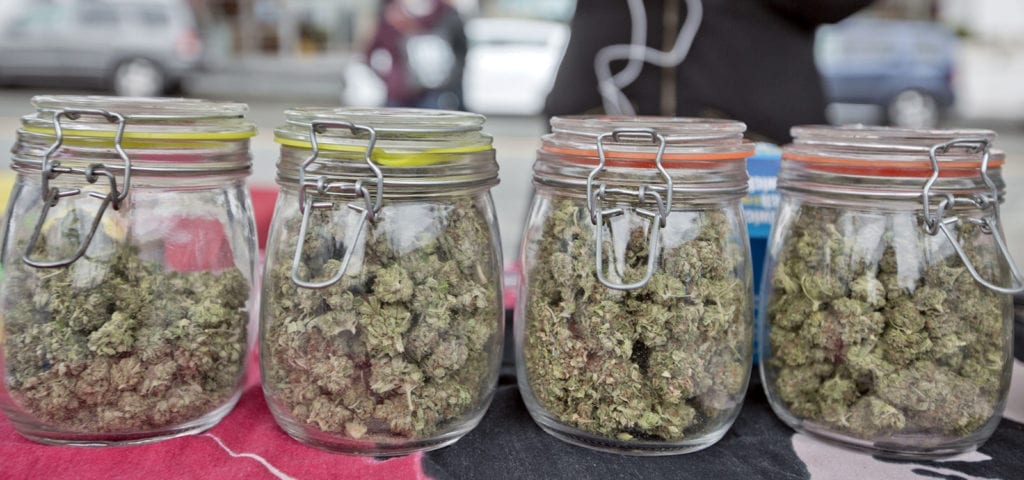
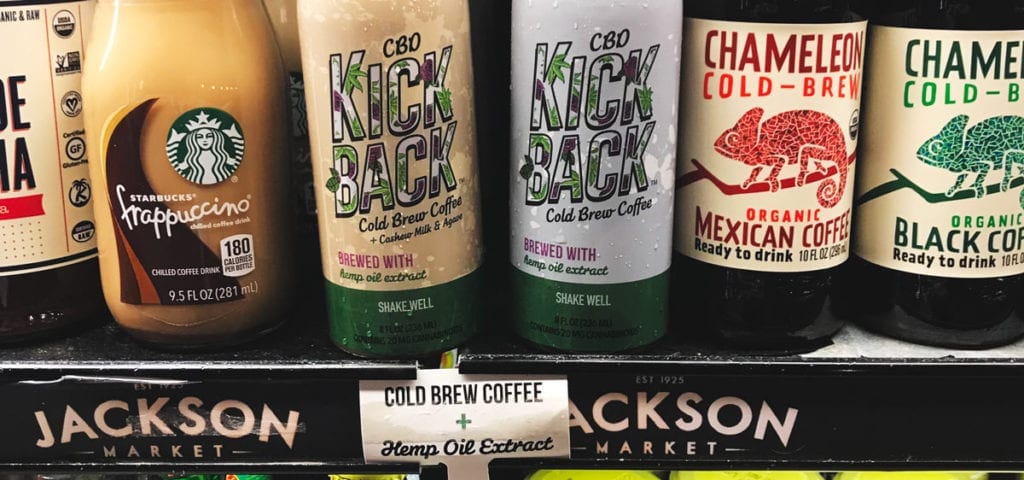
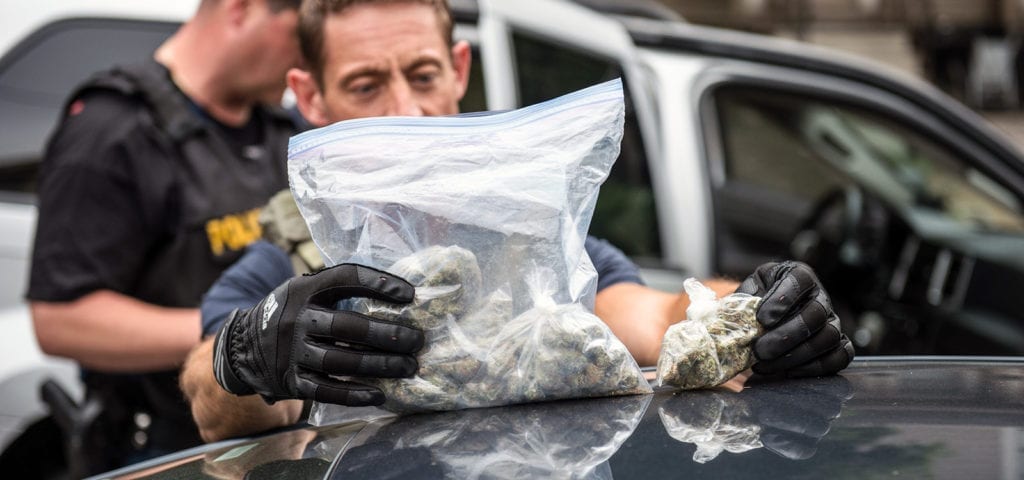



 Linalool
Linalool a-Pinene
a-Pinene
